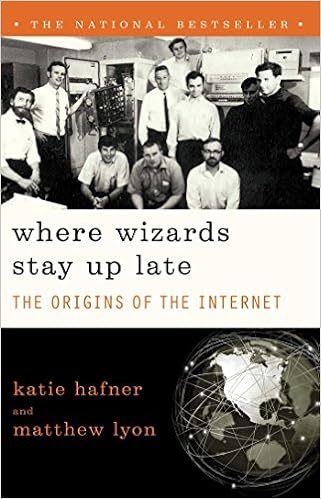The book is about the question of whether other animals (or more generally, forms of life or even complicated molecular assemblies or machines) have or can have a mind - or be conscious - and whether and how we can know this.
Dennett, quite reasonably, ends up suggesting that the question is not about "does X have a mind or not" - or, as Dennett puts it, "is X is a mind-haver". Instead, the focal phenomenon, mind-having, is a ramp phenomenon, i.e. there (most likely) are different degrees of consciousness, i.e. a continuum of different kinds of grades of consciousness.
In other words, the "mind or no mind" question introduces an artificial boundary where one naturally probably does not exist.
Was it good?
The book is guaranteed Dennett quality: reads well, discusses in a 'deep' manner despite quite light surface style, and advances a well-reasoned point.
Especially I appreciate Dennett's steady reliance on thought experiments - a staple method in philosophical investigations more generally.
In short, the book is guaranteed to stir some serious reflection in a reader.
The main take-away for me?
As in so many cases, the main take-away from the book was a meta level one: one should be really careful in falling into imagining up artificial boundaries or advancing false dichotomies. Admittedly such simplifications are quite natural for us human beings and can simplify a complex phenomenon - e.g. typologies and similar classification apparatuses do just this - but employing such devices should always be accompanied with background appreciation of the true nature of the focal phenomenon.
Who should read the book?
The book, I think, can be enjoyed by everyone as it discusses also about being a human being and how this (probably) differs from being another kind of a life form. Especially if one has a philosophical bent, this book is quite recommended, as are all Dennett's books.
The book on Amazon.com: Kinds of Minds




